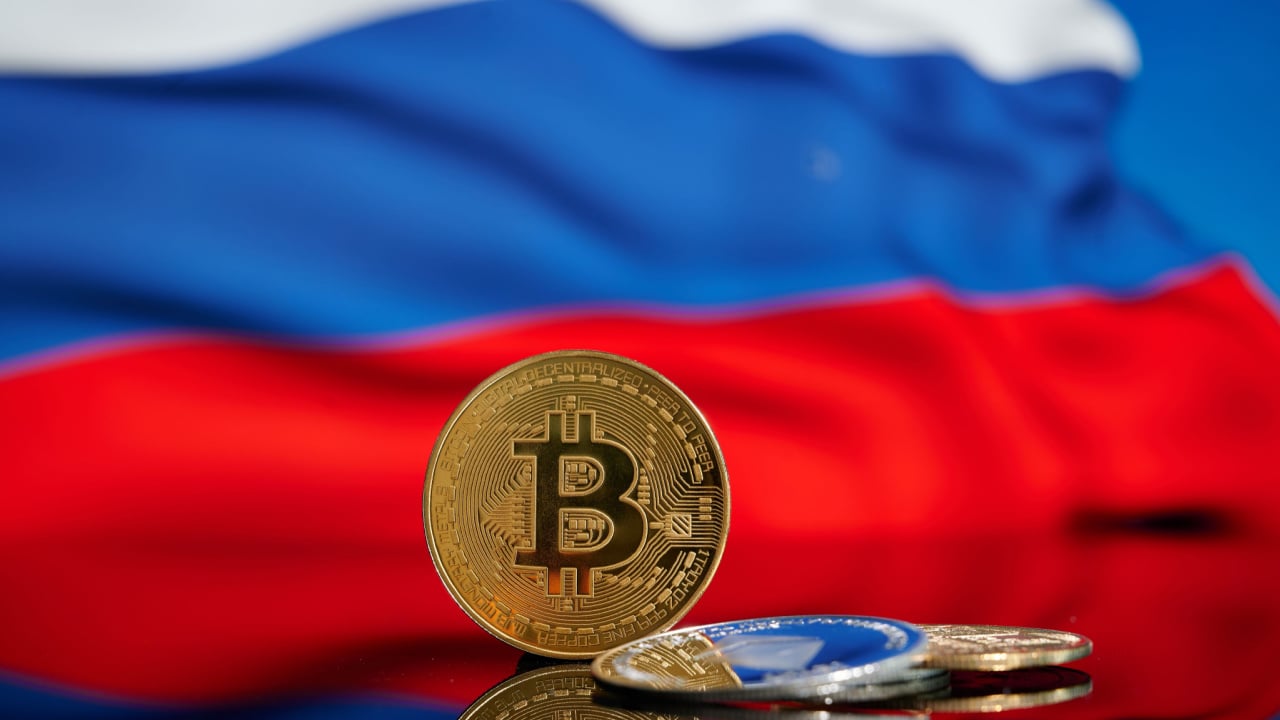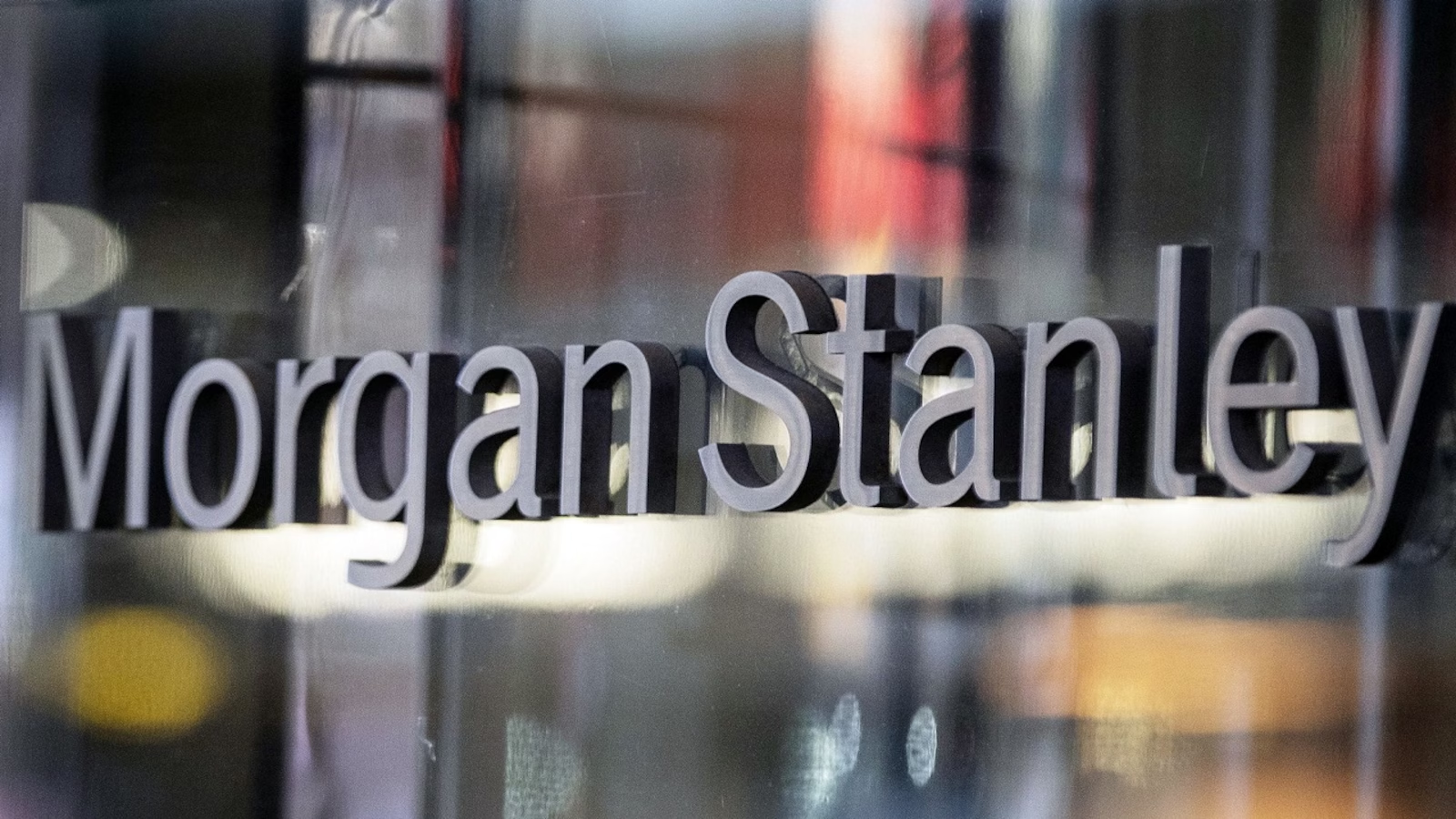The emergence of cryptocurrencies and their increasing adoption impetus the need for crypto regulations. Issues like failures of projects, exploits, high market volatility, and misuse of digital assets in crimes have put the regulatory authorities on their toes worldwide.
After the U.S. Fed decided to fight market inflation with its hawkish approach, IMF called for a more comprehensive, consistent, and complete global regulatory policy for digital assets, per the report by IMF named ‘The right rules could provide a safe space for innovation.’
Related Reading: Glassnode Discusses 4 Phases Of Bitcoin Accumulation & Distribution During Past Year
Deputy Director Aditya Narain and Assistant Director Marina Moretti from the IMF’s Monetary and Capital Markets Department published the report. Citing the complexity in regulating crypto assets and their technological nature and ever-changing needs, the authors said regulating digital currencies is a hard task and mentioned;
“Applying existing regulatory frameworks to crypto assets, or developing new ones, is challenging for several reasons. For a start, the crypto world is evolving rapidly. Regulators are struggling to acquire the talent and learn the skills to keep pace, given stretched resources and many other priorities. Monitoring crypto markets is difficult because data are patchy, and regulators find it tricky to keep tabs on thousands of actors who may not be subject to typical disclosure or reporting requirements.”
Moreover, highlighting the use cases of cryptocurrency in the mainstream, the authors pointed toward its importance as a cross-border payment medium, hedges against weak currencies, and speculative investment.
IMF further addressed one’s ability to privately issue products via cryptography, terminologies used for staking, and different regulatory frameworks for one type of product circulating across borders. The global authority suggested designing a comprehensive global policy for banks, securities, exchanges, wallets, and other actors involved.
IMF Says Different Approaches Of Jurisdictions Causes Fragmentation
The process of harmonizing the global regulatory framework needs to be implied so the crypto businesses can manage to move from one jurisdiction to another and continue the business, the article reads. As per the needs, a comprehensive and coordinated approach will help prevent fragmentation created due to regulators’ different frameworks. For example, some keep users’ safety first priority while other financial goals.
The IMF expressed its views on how global authorities have been working hard to achieve proper and efficient regulations to protect users. However, few are done with introducing an advanced regulatory framework like Switzerland and Japan, and others, such as the United Arab Emirates and European Unions, are in the drafting stage.
But unfortunately, authorities have designed the regulation rules with different strategies, as some ban the issuance of crypto or hold it with others making national-level developments on crypto. Similarly, varying states’ opinions have resulted in a “fragmented global response neither assures a level playing field nor guards against a race to the bottom.”
Related Reading: KyberSwap’s Discover Feature Helps Traders Spot Opportunities
The article reads;
“The regulatory fabric is being woven, and a pattern is expected to emerge. But the worry is that the longer this takes, the more national authorities will get locked into differing regulatory frameworks. This is why the IMF is calling for a global response that is (1) coordinated, so it can fill the regulatory gaps that arise from inherently cross-sector and cross-border issuance and ensure a level playing field; (2) consistent, so it aligns with mainstream regulatory approaches across the activity and risk spectrum; and (3) comprehensive, so it covers all actors and all aspects of the crypto ecosystem.”
Featured image from Pixabay and chart from TradingView.com
Credit: Source link























